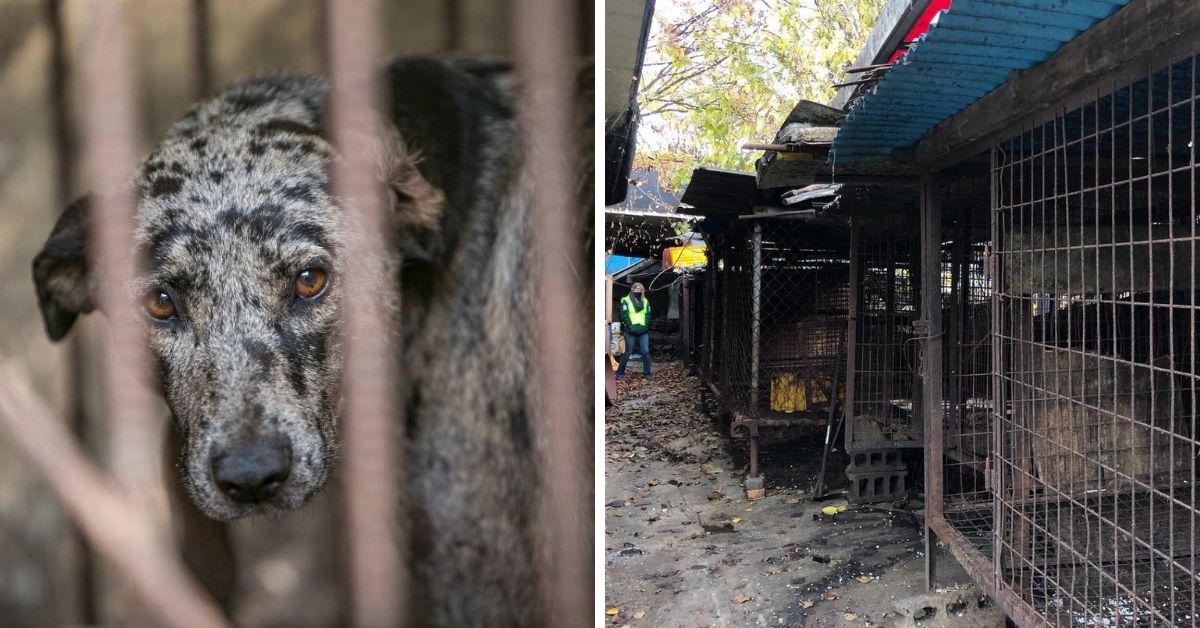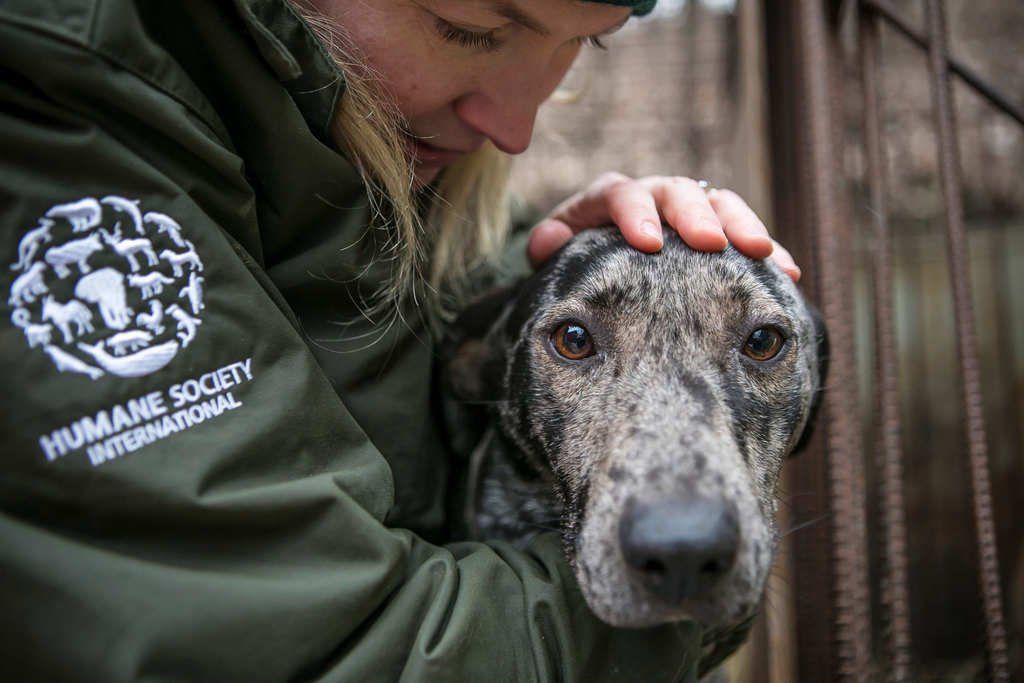When it comes to animals, different cultures around the world have different views. Depending on your beliefs, the treatment of animals varies wildly.
In some countries it is unusual or taboo to eat beef, in others, pork, but one type of meat that seems to cause controversy in many places is the use of dog meat.
Dog meat is something that absolutely breaks the hearts of animal lovers, because the thought of these precious creatures suffering is hard. Even if you happen to be a meat-eater and you understand how it can be just as bad for the more common meat animals, there's just something about our bond with dogs that makes it feel different.
In South Korea, dog meat is common. While you probably won't find it anywhere in America, there are several slaughterhouses and facilities that specialize in dog meat in South Korea.
But today marks a huge change for the production of dog meat, and it's going to make a big difference.
In what campaigners are calling a "landmark moment," South Korea's largest dog meat slaughterhouse has been shut down.
(2/2) With your help, the blood-stained walls of this slaughterhouse will be demolished & no dog will suffer here again ðŸ™
— Humane Society Int'l (@HSIGlobal) November 22, 2018
Please, donate to help us shut down this slaughterhouse, continue our work to end the cruel dog meat trade & help animals worldwide: https://t.co/S1qQ2oAFtx pic.twitter.com/xuxnx6AtTd
The complex was called Taepyeong-dong and was located in Seongnam city, and inside there were six different slaughterhouses, all of which capable of holding hundreds animals.
They were responsible for shipping dog meat to restaurants across the country, but city officials have confirmed that it will be closing down within the next two days.
Humane Society International has issued a press release that details the horrific conditions that the slaughterhouse was keeping the dogs in. Warning, these details may disturb some.
"Humane Society International/Korea dog meat campaigners on the scene report that conditions they saw inside the slaughterhouse were horrifying. They found a large number of empty wire pens that would once have held hundreds of dogs, as well as the electrocution equipment used to kill them, knives, and a de-hairing machine. A pile of dead dogs was also found abandoned on the floor."
The press release goes on to say that a survey revealed 70% of South Koreans say they no longer wish to eat dog meat. It's suspected that this rapid decline in the dog meat trade is due to the changes in public perception as the conditions the dogs were living in became apparent.
(1/2) BREAKING: We're in South Korea after the city council of Seongnam asked us & our local partner groups @ekara_org & @animalkorea to help shut down the country's largest dog slaughterhouse. This closure will prevent any dogs from being slaughtered here in the future. pic.twitter.com/cQgpqTIRZa
— Humane Society Int'l (@HSIGlobal) November 22, 2018
The HSI has been helpful to the dog farmers voluntarily leaving the business, and given them advice and training on other more profitable types of farming. They've closed 13 dog farms in the last 4 years, and rescued nearly 1,600 dogs.
It has been a long process to get the slaughterhouse to shut down, and through investigations and political pressure it has finally happened.
(1/2) It was a chilly day in March when our Animal Rescue Team rescued Bokshil "“ a sweet & gentle soul chained to a pole on a South Korean dog meat farm. Bokshil was transported to Canada where she was quickly adopted by a loving volunteer 💖 pic.twitter.com/663iAiVNJF
— Humane Society Int'l (@HSIGlobal) November 21, 2018
"Its closure is an historical event, and hopefully may trigger the closure of other illegal dog slaughterhouses throughout the country," Hyunji Kim of the Korea Animal Rights Advocates wrote. "Until we achieve this, we really appreciate the support of both Korean people and global citizens who love animals for helping our campaigns to completely end dog meat in Korea."
It's nice to know that there are people out there who are making sure that animals are treated well no matter where they are.
Source - CNN / Unilad / Humane Society International


